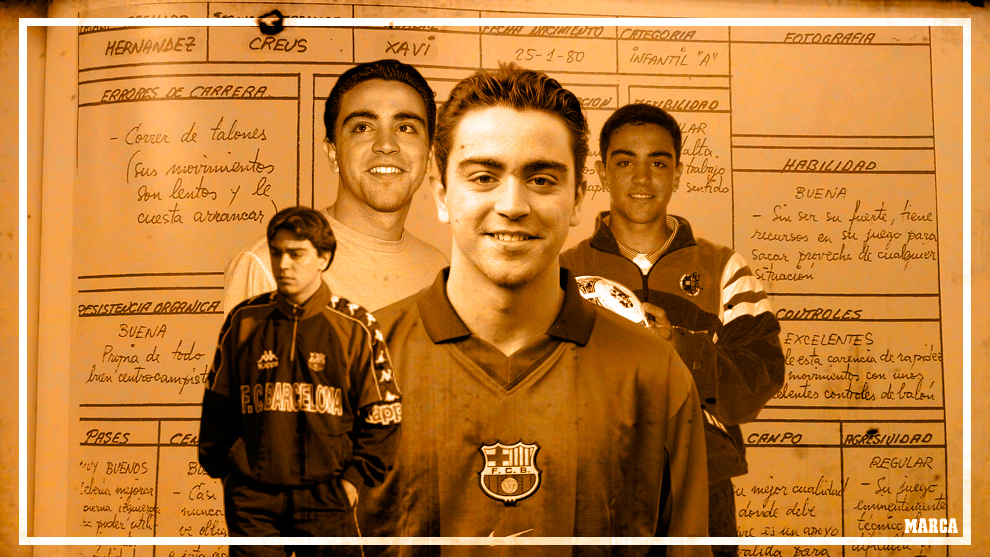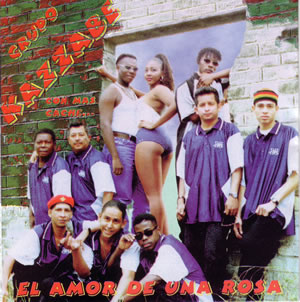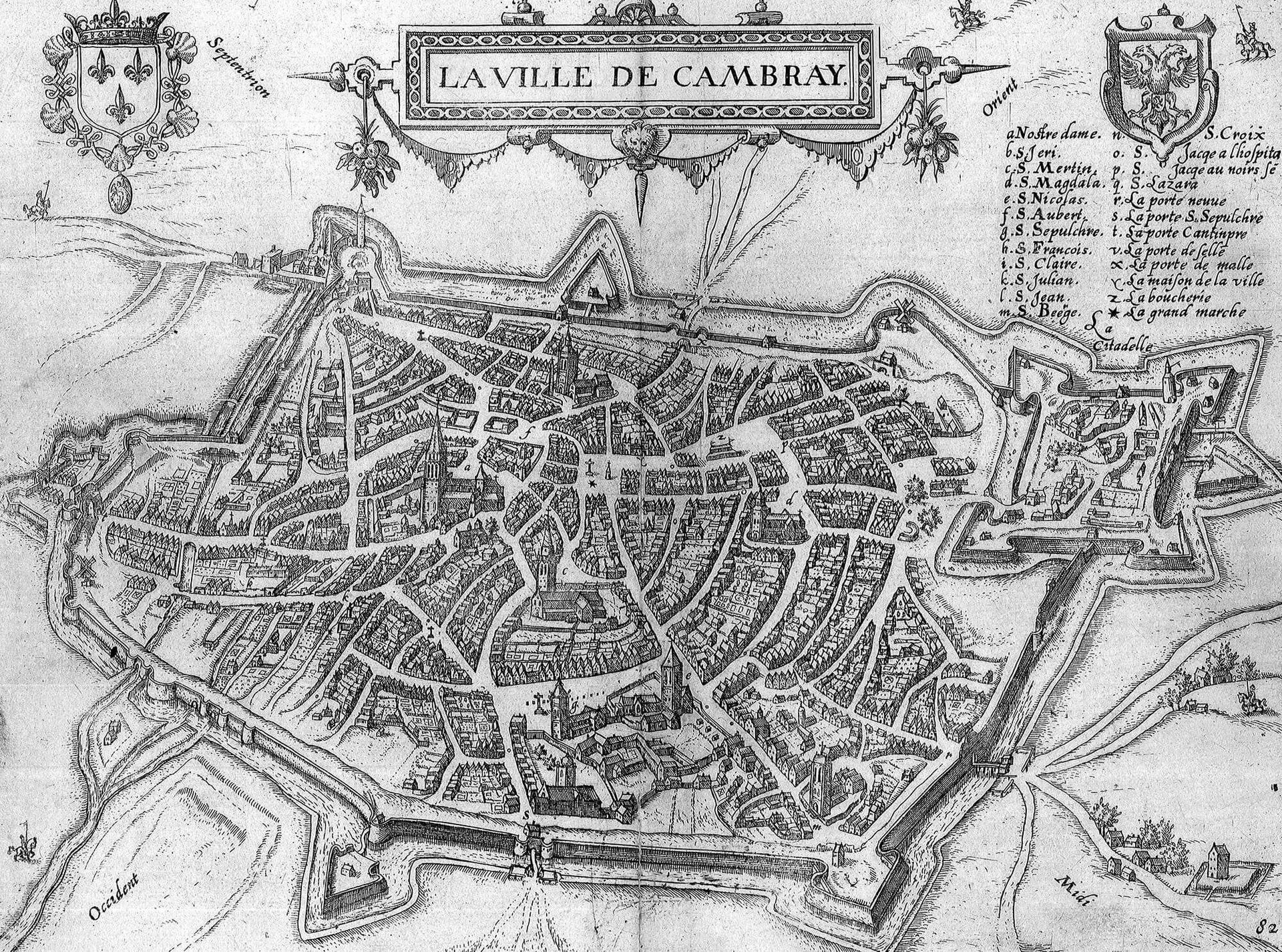
Enemies in his time and some later scholars have argued that Las Casas shaped the truth as he wished it to be, exaggerating statistics about the loss of life and sometimes writing about places he had never been. In this sense the Indians were treated by him as wards who were allowed no doctrinal choice. In all his actions and writings he operated, however, from an unexamined theoretical foundation that maintains that Catholic Christianity is God's chosen creed for all people, and thus the argument with his opponents was primarily over the means to that conversion. Las Casas has been applauded by proponents of human rights. government during the Spanish-American War to justify taking Spain's island possessions. The English published a translation of the Brief Relation when they were about to seize Jamaica.

Spanish patriots condemned Las Casas for helping create with his tireless propaganda a "Black Legend" that Spaniards were exceptionally cruel. His example influenced both Simon Bol ívar (1783 –1830) during the nineteenth-century revolt against colonial rule and Mexicans during their struggles for independence. The book demonstrates a prophetic intent to reveal to Spain that the injustices of its colonial rule would lead to a terrible punishment at God's hand.

Las Casas's massive History of the Indies, finished in manuscript during 1562 but unpublished until 1875, incorporates an invaluable abstract of Columbus's now lost first logbook. He influenced the committee not to approve his opponent's book for publication. Las Casas appeared at a debate before the Council of Valladolid, where he spoke for five days straight. In 1550 he came into conflict with Juan Gin és de Sep úlveda (1490? –1572 or 1573), a scholar who was attempting to gain the right to publish a book approving war against the Indians. After he published his Brief Relation of the Destruction of the Indies in Seville during 1552, a flood of hectoring books followed.

This tireless "Defender of the Indians" crossed the Atlantic ten times in all. After the king rescinded the prohibition on inheritance, Las Casas resigned his office in 1547 and returned to Spain. The settlers objected to any limits, and many clergy During 1544 he was named bishop of Chiapas in Guatemala to enforce the "New Laws" of Emperor Charles V (ruled 1519 –1556), which prohibited slavery and limited ownership of Indians to a single generation. Developing into a politically astute lobbyist, he was often able to effect positive change, such as insuring a peaceful entry into Guatemala by Dominican friars. Over the following decades Las Casas ceaselessly promulgated an ideological position that Indians had the right to their land and that papal grants to Spain were for the conversion of souls, not the appropriation of resources.
#Black legend of spanish cruelty free#
After the failure of this idealistic scheme to get Spanish farmers to work alongside free natives, Las Casas joined the Dominican order in Santo Domingo during 1522. During 1520 he developed an alternative to the encomienda system in Venezuela with a colony of farm communities. He returned to the Western Hemisphere as a member of a commission of investigation. With the support of the archbishop of Toledo, Las Casas was named priest-procurator of the Indies in 1516. Las Casas returned to Spain to plead the Indians' cause before King Ferdinand II (ruled 1479 –1516). Upon listening to a sermon by a Dominican father denouncing the treatment of Indians, Las Casas relinquished his holdings to the governor. After that campaign he was awarded additional land. He returned to the West Indies and in 1513 –1514 served as chaplain to the invaders during the conquest of Cuba. Returning to Europe in 1507, Las Casas was ordained a priest in Rome. Like other colonists, Las Casas at first gave no thought to the encomienda system of royal land grants that included Indians to work the fields in exchange for educating them in Christianity. Las Casas first traveled to the Western Hemisphere in 1502 to manage the land Columbus gave his father. That year Las Casas's father, Pedro de Las Casas, and his uncles sailed with Columbus on his second voyage. In 1493 he saw Christopher Columbus pass through Seville on his return from the first voyage across the Atlantic.

Bartolom é de Las Casas was a missionary, Dominican theologian, historian, and bishop of Chiapas. LAS CASAS, BARTOLOM É DE (1474 –1566), Spanish historian and missionary.


 0 kommentar(er)
0 kommentar(er)
